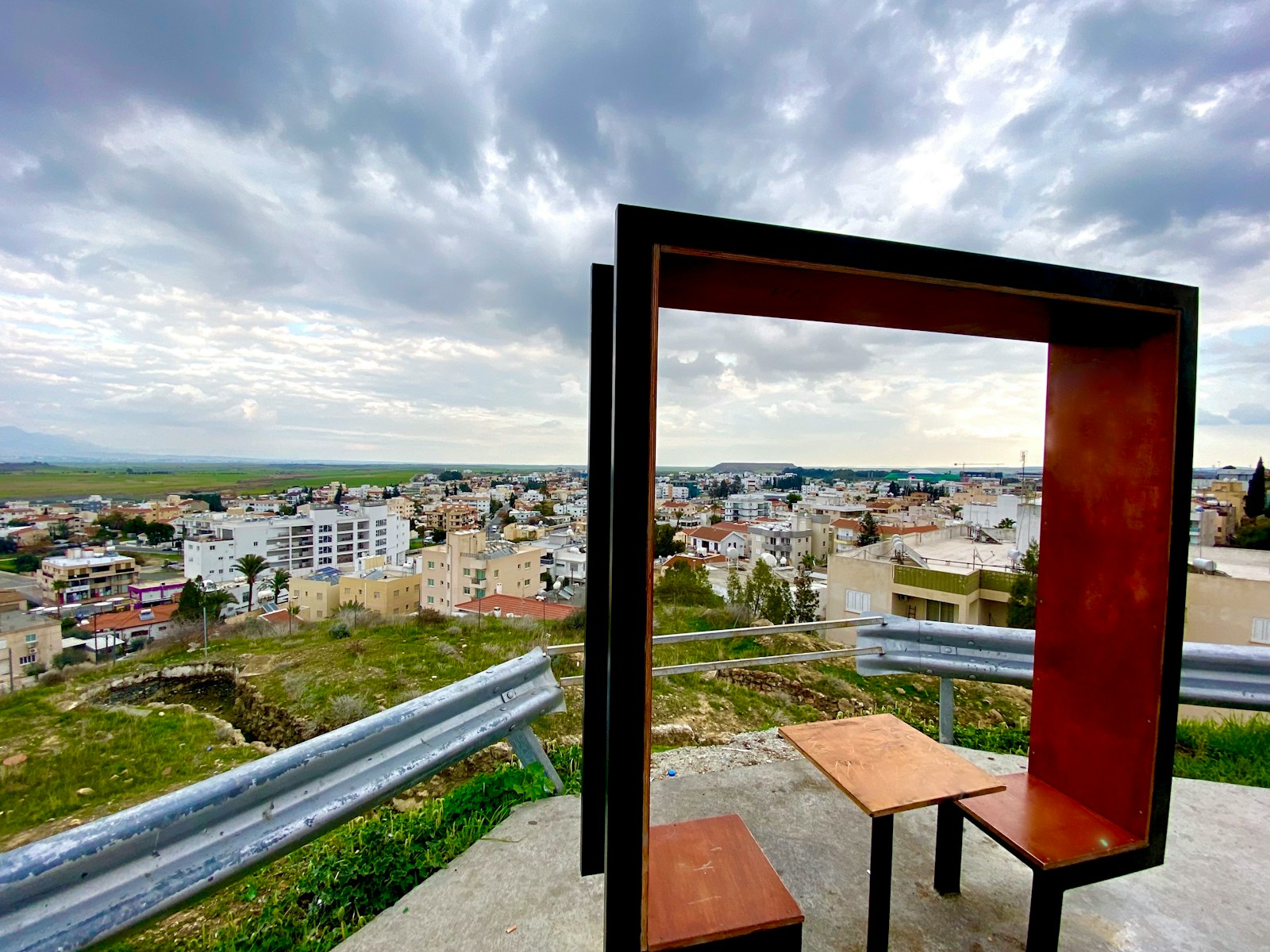SALUDMENTAL (Original in Spanish) The plenary session of the Civil Chamber of the Supreme Court, in its decision STS 960/2024 of July 9 and published on the 12th in response to the appeal after its defeat before the Provincial Court of the Spanish Society of Psychiatry (SEP), admits that the opinions and severe criticisms that the Citizen Commission for Human Rights (CCDH and CCHR) formulate with regard to psychiatric services of abuses such as those committed with the use of psychotropic drugs, involuntary internment, electroshock, psychosurgery and others, “are not without a sufficient factual basis”, and therefore decides to protect the right to express them, even in a harsh manner, as they present a “certain general interest”, as transcribed in this excerpt from the decision:
“The publications in question deal with a topic of undeniable general interest: the debate on certain practices in the field of psychiatry. The abundant documentation presented by the accused clearly shows the existence of this debate. The reports of the UN rapporteurs submitted by the accused (in particular the 2017 report “Report of the Special Rapporteur on the right of everyone to the enjoyment of the highest attainable standard of physical and mental health” and the 2018 “Annual report of the United Nations High Commissioner for Human Rights” on “Mental health and human rights”) illustrate well the important social, political and scientific debate on the issues covered by the publications in question.
The debate on certain psychiatric practices and, in particular, on involuntary institutionalization, the use of psychotropic drugs, especially when the patients are children or adolescents, or surgical or electroconvulsive treatments, is of particular importance in today’s society.”
Furthermore, the High Court states, “despite the crudeness of some of its expressions (…), its content is directly linked to public debate in a democratic society (…) And is part of the conduct noted by the CCDH of actively intervening in the social debate on psychiatry through its publications.
On this basis, the Supreme Court ruled that the Spanish Society of Psychiatry (SEP) had to bear the criticism of the Citizens’ Commission on Human Rights (CCDH) and the Comisión Ciudadana de Derechos Humanos de España (CCDH).
Salvador Fernandez, president of the Spanish Citizens’ Commission on Human Rights, after learning of the sentence, said:
“It is important that there is protection so that the countless abuses that are committed in the field of psychiatry are known, and the time has come to carry out the drastic reforms demanded by the WHO, the UN and especially the victims”, of a century-old system that has brought more pain than glory, we thank all those who work in one way or another to denounce and put an end to psychiatric abuse and from our team, we encourage society not to remain silent and denounce through www.saludmentalyderechos.org all abuses in the field of psychiatry, whether it is the labeling and administration of dangerous psychotropic drugs to children, forced treatment, lack of informed consent, involuntary placement in institutions or the use of electroshocks, which have been described on numerous occasions as torture by doctors and human rights experts.
CCHR was co-founded in 1969 by Church of Scientology Professor Emeritus of Psychiatry Dr. Thomas Szasz as an independent mental health watchdog at a time when patients were institutionalized, abused, deprived of their constitutional, civil and human rights and left to fend for themselves.
As CCHR co-founder Thomas Szasz said:
“They were the only organization then, and they are still the only organization, that was trying to free mentally ill people who were incarcerated in mental hospitals who had nothing wrong with them, who had committed no crime, who wanted to get out of the hospital. And that was to me a very worthy cause; it is still a very worthy cause. We should honor the CCDH because it was really the organization that, for the first time in human history, organized a significant political, social, and international voice to combat psychiatry. That has never happened before in human history.
CCDH and its national and local affiliates around the world have long fought to restore inalienable fundamental human rights in the field of mental health, including, among others, fully informed consent to the medical legitimacy of psychiatric diagnosis, the risks of psychiatric treatment, the right to all available medical alternatives, and the right to refuse any treatment deemed harmful.
In the judgment of the Provincial Court of Madrid 64/2024 of February 10, appealed by the SEP, the courts explained that the CCHR and the CCDH:
“aims to combat abuse in psychiatry and in particular against the prescription by these professionals of drugs for the treatment of mental illnesses and diseases and his work has been recognized by the Special Rapporteur of the UN Commission on Human Rights who declared in 1986 that he had contributed to the adoption of numerous laws in the field of mental health for the defense and preservation of the rights of individuals according to the Universal Declaration of Human Rights, members of the United Nations Committee on the Rights of the Child and various members of the United States House of Representatives and the Congress and Senate of the State of California.
In its text, the Supreme Court’s decision includes, on the one hand, video documentaries in which the CCDH shows its evidence and its strong statements, opinions and concerns:
“On the other hand, the website www.cchr.org.es, whose content is owned and managed by the CCHR (Citizens’ Commission for Human Rights), provides access to 8 documentaries that explain what they consider to be ‘psychiatric abuse’.”
And also, the “information material” found on the website https://www.ccdh.es of the Comisión Ciudadana de Derechos Humanos de España (CCDH) where there are 19 leaflets with very strong titles, such as “Children’s Drugs. Psychiatry Destroys Lives. Report and Recommendations on Fraudulent Psychiatric Diagnoses and Forced Drugging of Young People”; “Fatal Restraints. Psychiatric “Therapeutic” Aggression. Report and Recommendations on the Violent and Dangerous Use of Restraints in Mental Health Institutions”; “Brutal Therapies. Harmful Psychiatric “Treatments”. Report and Recommendations on the Destructive Practices of Electroshock and Psychosurgery”; or “Psychiatric Malpractice, the Subversion of Medicine. Report and Recommendations on the Destructive Impact of Psychiatry on Health Care”, among others.
The Spanish Society of Psychiatry complained about the demonstrations in which the CCDH and others claimed that “psychiatrists are criminals, precursors of genocides, responsible for the erosion of education and justice, instigators of drug addiction, drug traffickers, fraudulent practitioners or managers of violence and terrorism, that some psychiatrists have sexually abused their patients and even that ‘[t]there are an unknown number of forced abortions in Spain by psychiatrists, involvement of German psychiatrists in the Nazi holocaust [for which the German Psychiatric Association has publicly apologised]racial discrimination” and other descriptions and statements of fact.
The First Civil Chamber of the Supreme Court concluded that the decision appealed by the SEP had correctly applied the criteria of the case law to resolve the conflict between freedom of expression and the right to honour.
And as for the context in which the statements in question were made, even if some of them could be considered serious, the judgment says, the behaviour of the CCDH in making these publications is part of a public debate of great importance in today’s society, so that agreeing to remove such publications would constitute an excessive restriction on freedom of expression that would not be justified by a pressing social need.
The SEP also complained about statements such as that of psychiatrist Dr. Thomas Szasz when he said “Psychiatry is probably the most destructive force that has affected society in the last 60 years,” or “psychiatry serves as a social control machine that sometimes becomes an agent of social and political vengeance,” among other imputations.
The SEP argued that freedom of expression should not cover such statements, which the Supreme Court contradicted, finding that the statements and criticisms of the CCDH and CCHR are being aired in a public debate about psychiatry.
The Supreme Court’s decision reiterates the importance of freedom of expression in the context of public interest debates, even when criticism may be offensive to certain entities or professionals, in line with what the Court of Appeal said. And it is here that the Supreme Court states that:
“This predominance of freedom of expression over the right to honour when expressing opinions on matters of general interest occurs even when the expression of an opinion is made in a rude, mean or hurtful manner and may embarrass, disturb or upset the person concerned by the statements in question, because this is required by pluralism, tolerance and open-mindedness, without which there is no democratic society.
As the ECHR judgments of 8 November 2016, Magyar Helsinki Bizottság v. Hungary, 13 March 2018, Stern Taulats and Roura Capellera v. Spain, 20 November 2018, Toranzo Gómez v. Spain, and 11 May 2021, Halet v. Luxembourg In the State, freedom of expression does not only protect ideas that are welcomed or considered harmless or indifferent, “but also those that offend, shock or disturb”. And the Constitutional Court’s judgment 226/2016 of 22 December, citing previous judgments, states that “within the broad framework granted to freedom of expression, according to our doctrine, “manifestations which, although they harm the honour of others, are protected”. revealed as necessary for the presentation of ideas or opinions of public interest.”
Originally published in The European Times.
source link eu news










